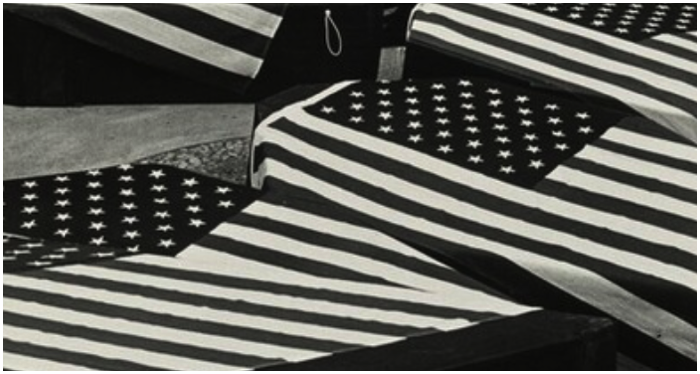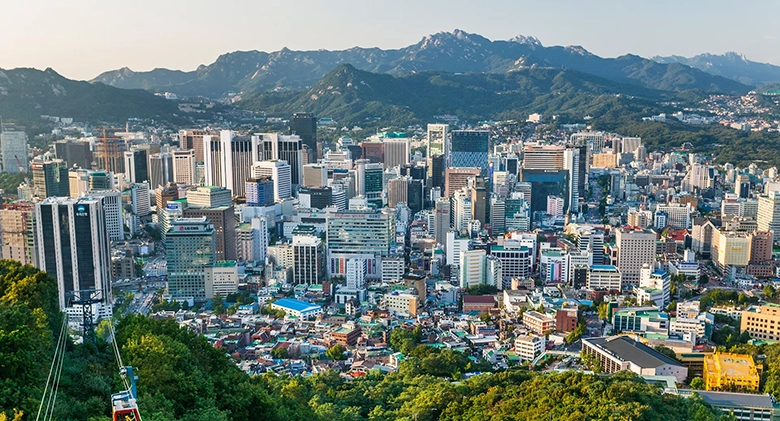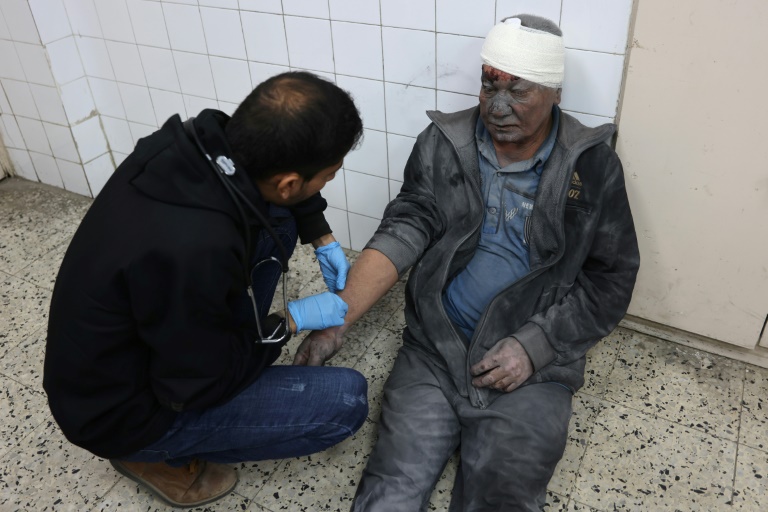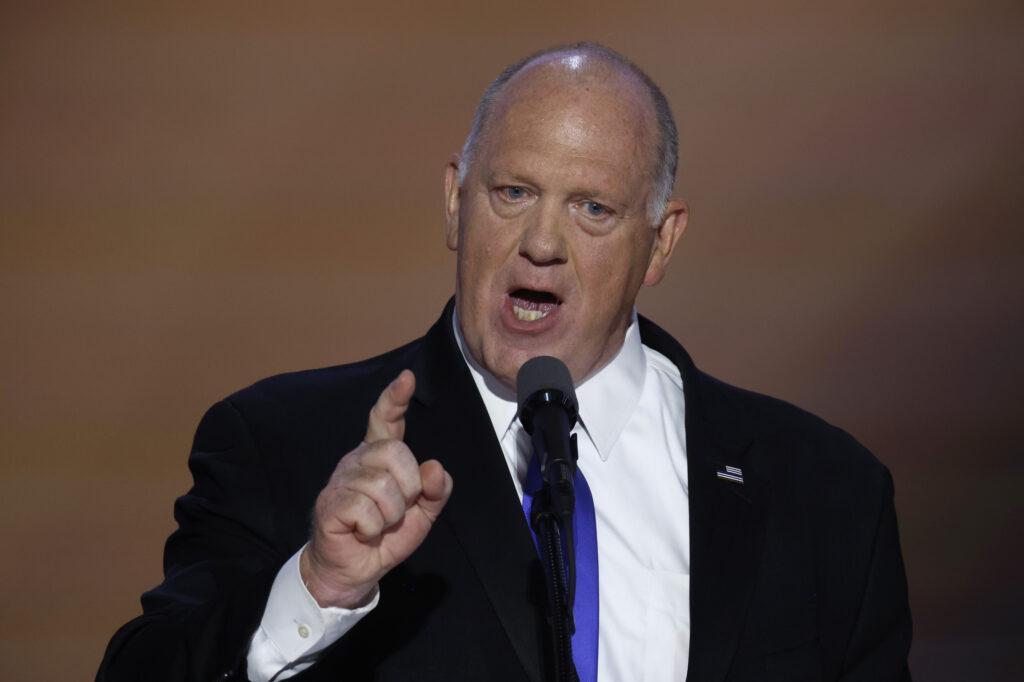Pope Francis to ask forgiveness for church’s sins ahead of historic Vatican summit
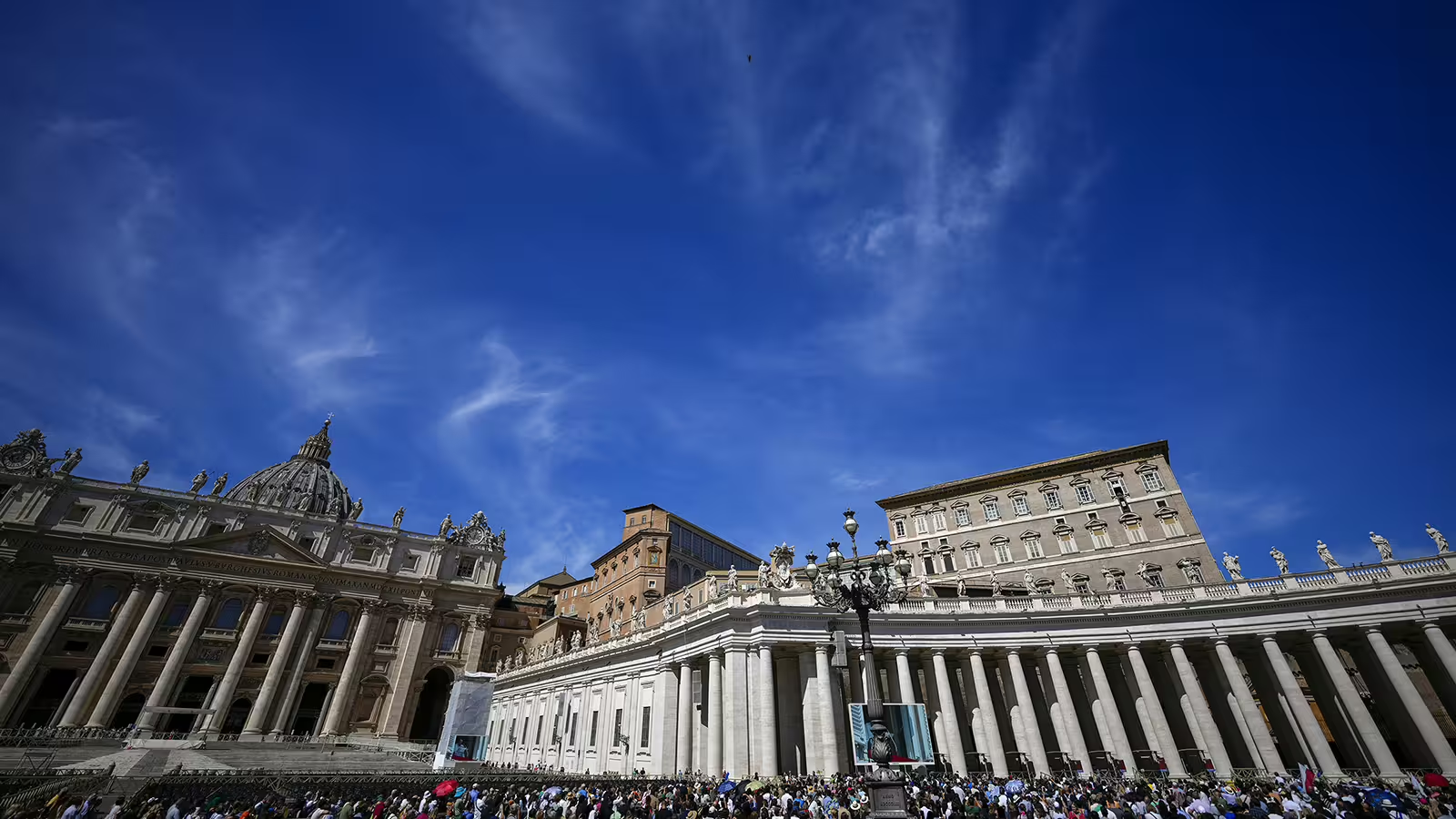
Top Stories Tamfitronics
VATICAN CITY (RNS) — A newly released schedule for the second and final session of the Vatican Synod on Synodality underlines the Catholic Church’s plan to promote dialogue with other Christian denominations, enhance transparency and take responsibility for past mistakes.
During a press conference on Monday (Sept. 16), organizers of the synod, centered around the theme “How to be a synodal church in mission?,” presented the next steps of the summit of bishops, which is scheduled for Oct. 3-27 at the Vatican.
The synodal process will soon open to the entire church, said the general secretary of the synod, Cardinal Mario Grech, adding that after a three-year journey, “it is reaching its climax.”
Pope Francis initiated the synod in 2021 asking all Catholic faithful to weigh in on the most important questions facing the institution, from the clerical abuse crisis to the role of women and the inclusion of marginalized believers.
These issues were discussed in parishes, in bishops’ assemblies and continental episcopal conferences, concluding with a Vatican summit in October 2023. The Vatican’s synod office later issued a document summarizing what emerged from the consultation, called “Instrumentum Laboris.” The historic consultation of Catholics around the globe emphasized the inclusion of non-clergy members of the church.
The 368 synod delegates, of whom 25% are not bishops, will gather again in October to draft a final document. Twenty-six members have been substituted, some due to health issues, while others have decided not to come for the second session. Organizers said that Pope Francis did not exclude anyone and that there will likely be other changes in the list of participants before the synod starts.
After a two-day spiritual retreat at the Paul VI Hall at the Vatican, synod delegates will gather at St. Peter’s Basilica on Oct. 2 for a penitential celebration, where members of the church will ask forgiveness for a number of sins, including sins of abuse, sins against migrants and the environment and sins against women and youth. The event also includes penitence for the sin of “using doctrine as stones to be hurled” and sins against synodality, described as a “lack of listening, communion, and participation of all.”
Three people who have suffered from the sins of abuse, war and indifference to migration will present their testimonies, followed by the confession of other sins. Pope Francis will then lead a prayer for the repentance of sin during the celebrations, which is aimed at reestablishing trust and credibility with new generations of Catholics.
“Young people suffer because of our sins,” said Cardinal Jean-Claude Hollerich, relator general of the synod, answering journalists’ questions at the Vatican press conference. “They should know that we are not proud of all that the church has not done well,” he added.
The number of representatives from other Christian denominations at the synod has grown from 12 to 16 to include the World Lutheran Federation, the Mennonite World Conference, the Syriac Orthodox Church of Antioch and the Greek Orthodox Patriarchate of Alexandria.
Religious representatives will join Pope Francis for an ecumenical prayer vigil on Oct. 11 near the Vatican in the place where, according to tradition, St. Peter was martyred. The date of the event is also significant, since it will mark the 62nd anniversary since the opening of the Second Vatican Council, which ushered in a new openness in the Catholic Church, especially toward other religions.
Ecumenical and interreligious dialogue has been a recurring theme of Francis’ pontificate, which aims to focus less on theological debates and more on joint efforts to promote charitable works and initiatives for peace. During his last day of his two-week journey through Asia and Oceania (Sept. 13), the pope said that “all religions are a journey leading to God. They are, to make a comparison, like different languages, different idioms to get there.”

Pope Francis greets people in traditional dress while meeting young people in the Sir John Guise Stadium in Port Moresby, Papua New Guinea, Sept. 9, 2024. (AP Photo/Mark Baker)
The synod sessions will be focusing on the summary of last year’s summit, which was divided into four major themes: the concept of synodality, relations between members of the church, paths toward enacting change and the relationship between local churches and the Vatican. Participants at the synod will gather in 36 small working groups, which will address in detail the topics proposed in the general discussions.
This time, representatives of the working groups will also be divided into five language groups, where they will have a chance to share their insights with other synod participants. Following prayerful discussions, interrupted by meditations and organized to promote “careful listening,” the working groups will draft a report. Once the reports are summarized into a final document, all participants will vote on the topics it presents.
The Vatican’s synod secretariat will work with theologians, canon lawyers and other experts to draft the final document. Grech seemed to suggest that the synod will be followed by an apostolic exhortation by Pope Francis that would reflect, and possibly expand, on the main topics it addressed.
Not every issue that was raised during the first synod assembly will be discussed at the October summit, including debates on LGBTQ inclusion and allowing women to be ordained as deacons, who can preach the homily and administer some of the sacraments. Pope Francis created 10 theological committees to address these issues and present the results in 2025. A male and female representative of the committees will present their current reflections before the synod on Oct. 2 and in four forums scheduled Oct. 9 and Oct. 16.
“These 10 topics have not been cast aside,” Grech told journalists. “The Holy Father has accepted the questions of the assembly of the first session, but these are themes that require further theological reflection.”
RELATED: In Singapore, Pope Francis inspires youth, courts China
While some faithful have lamented the fact that hot-button issues will not be discussed at the October summit, the synod has made an attempt to promote transparency by allowing journalists and the general public to attend the theological forums and ask questions.
Pope Francis asked participants of the 2023 synod to “fast” from spreading news and information about the discussions. Despite some signs of openness in the second session, the rules of the synod still bind participants to confidentiality and ask that they refrain from spreading any information about the discussions “even after the Synodal Assembly has ended.”
RELATED:The Synod on Synodality needs to set its own agenda
Discover more from Tamfis Nigeria Lmited
Subscribe to get the latest posts sent to your email.



 Hot Deals
Hot Deals Shopfinish
Shopfinish Shop
Shop Appliances
Appliances Babies & Kids
Babies & Kids Best Selling
Best Selling Books
Books Consumer Electronics
Consumer Electronics Furniture
Furniture Home & Kitchen
Home & Kitchen Jewelry
Jewelry Luxury & Beauty
Luxury & Beauty Shoes
Shoes Training & Certifications
Training & Certifications Wears & Clothings
Wears & Clothings








